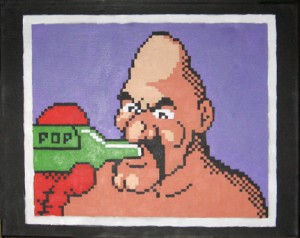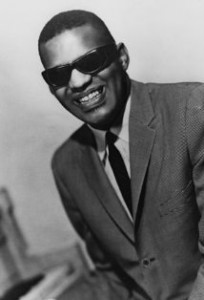I recently came back from an all too infrequent trip to the West Coast.
Folks, if you’re in America, and you’re in Tech, and you live anywhere other than the West Coast, go to the West Coast more often. I don’t buy into a lot of the hype of Silicon Valley/Redwood/LA, but I do think there’s a lot of interesting things that are happening and it’s a different style of living.
Back to my point.
Visited a good friend and talked about his game company. They’re making tremendous progress, even if they can’t see it, but it’s frustrating because they’re in the midst of year #2 doldrums. The doldrums of year #2 for start-ups are clear – the weaker partners/employees lose heart and fade out, drama over “making it” vs “staying true to vision” crop up, and all the external anxiety with spouses and girlfriends come to a head.
I came into the middle of that unfolding in front of me, while visiting my friend. My friend is one of the founders and he’s in the trenches with all of this. It was a typhoon of optimism and anxiety. Unless you’ve been there, don’t pretend to get it. It’s like tasting spam for the first time.
We talked. I gave him some advice. He like the advice and is taking his spin on it. All is good.
But he said something that was a little odd. It was “hey, I wish you were CEO for us.”
I initially I gushed and said “sure! love to! we’d have a blast…” I’ve always wanted to work with my friends, particularly in a game company.
But the truth is that I’d be horrible for the job. The CEO is the heart and soul of the company. He/She embodies the mission statement of the business, and is intrinsic to the core values therein. I’m good at my company. If I was the CEO of anything else, that company culture would confirm to my vision, values, and goals. What a shift that would be! (PS, I’m not the CEO of D&T – that’s my bro Dom!)
The point that I am making is that when we seek out leaders, whether they are C-level or just managers, we need to be cogent to the fact that these people embody values and goals that need to speak to the overall vision of the company. Doing anything else creates friction, fractions, and distractions to the overall vision.

Vodka Drunkenski changed his beverage of choice, and after that move he is now called Soda Popinski. Good career advice works!






